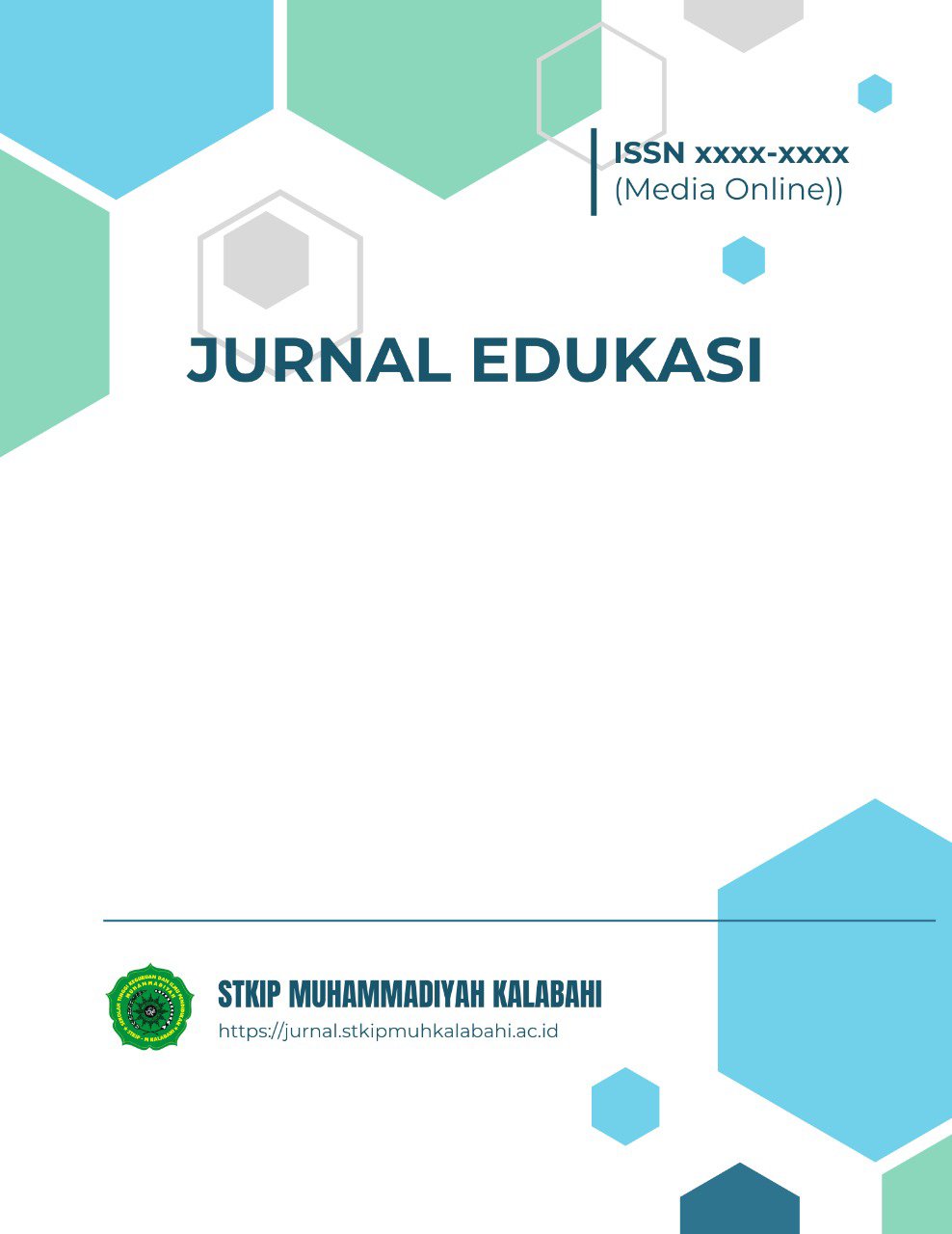The Effect of Think Pair Share Cooperative Learning Model on Mathematical Problem-Solving Ability of Tenth Grade Students at SMA Muhammadiyah Kalabahi
DOI:
https://doi.org/10.11377/95sk7d48Kata Kunci:
Think-Pair-Share, mathematical problem-solving, cooperative learning,Abstrak
This study aimed to investigate the effectiveness of the Think-Pair-Share (TPS) model in enhancing students' mathematical problem-solving abilities. A quasi-experimental design with a pretest-posttest control group was employed to compare the outcomes of the experimental group, which implemented the TPS model, with the control group that used conventional teaching methods. The results showed a significant improvement in the problem-solving skills of students in the experimental group compared to the control group. The posttest scores of the experimental group were notably higher, and statistical analysis (t-test) confirmed a significant difference (p < 0.05). This improvement can be attributed to the active involvement fostered by the TPS model, which provides students with the opportunity to reflect on their thoughts individually (think), discuss and consolidate ideas with peers (pair), and share their findings with the class (share). These findings align with previous studies that indicate the effectiveness of TPS in enhancing conceptual understanding and critical thinking skills. The results of this study underscore the importance of collaborative learning in mathematics, highlighting that TPS fosters deeper engagement and greater comprehension in solving complex mathematical problems.
Unduhan

Unduhan
Diterbitkan
Versi
- 2025-06-17 (2)
- 2025-05-15 (1)
Terbitan
Bagian
Lisensi
Hak Cipta (c) 2025 Mukmin Amsidi (Penulis)

Artikel ini berlisensi Creative Commons Attribution 4.0 International License.









